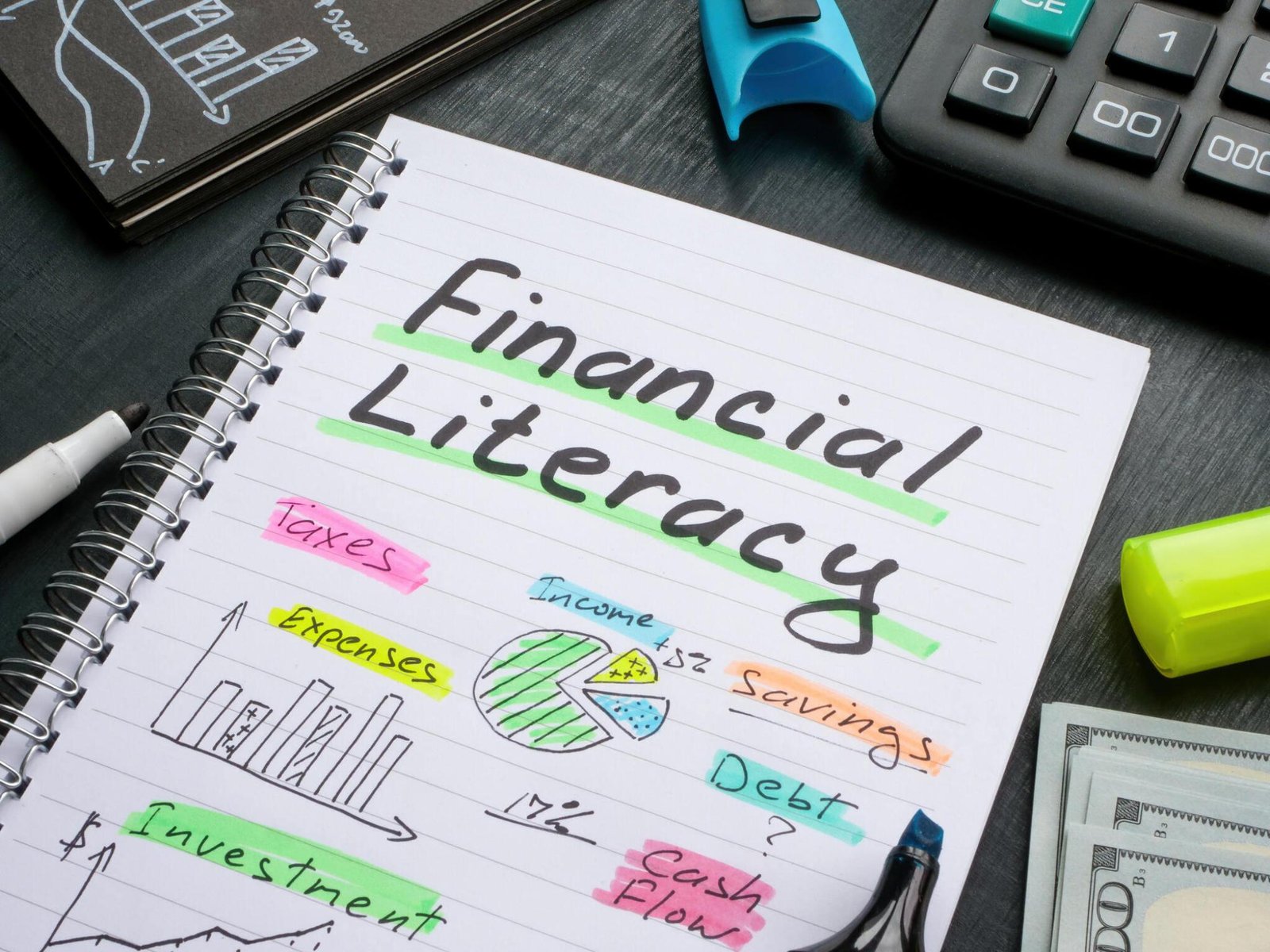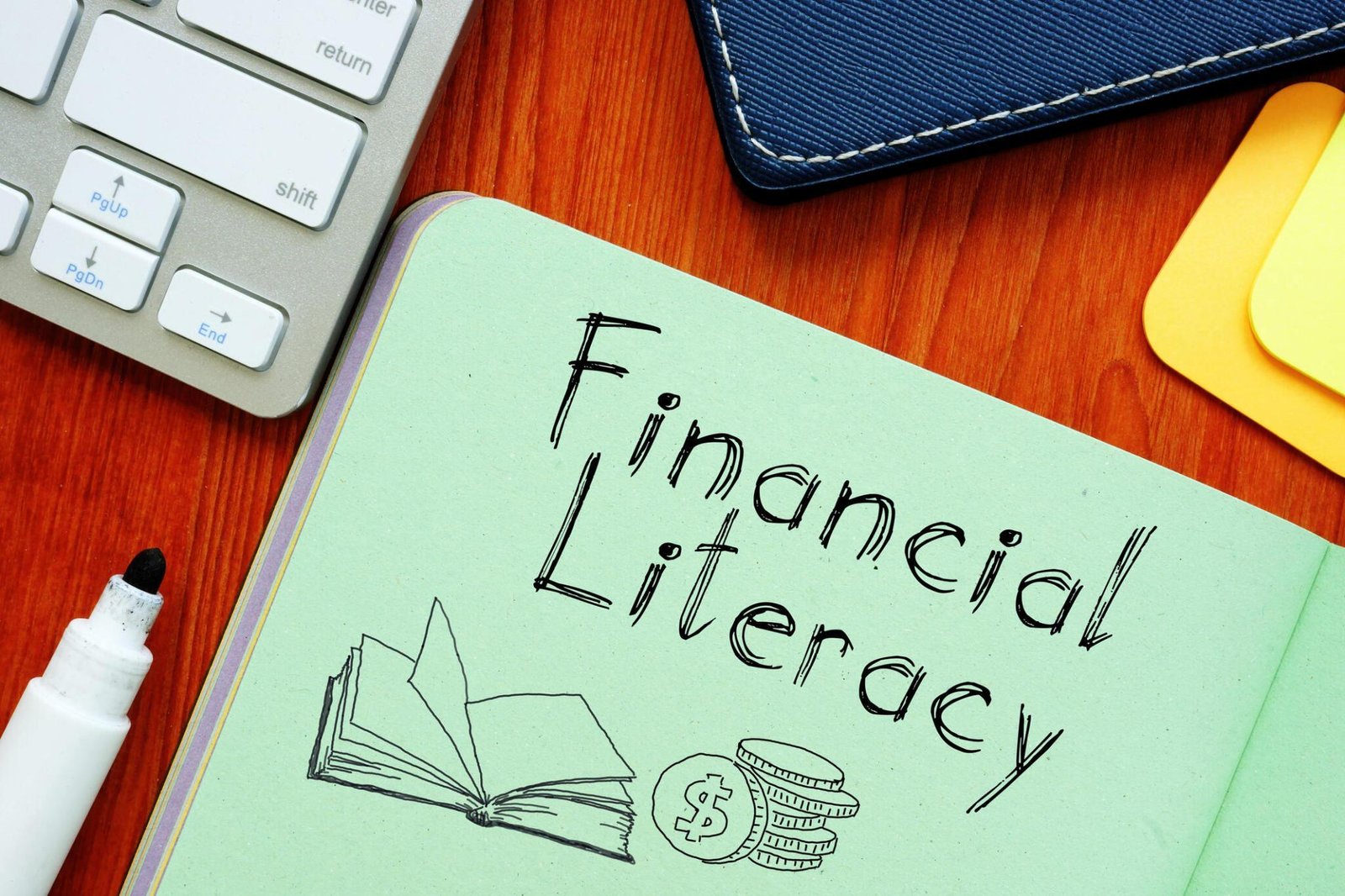Introduction: In today’s fast-paced world, financial literacy has become an essential skill for navigating the complexities of modern life. From managing day-to-day expenses to planning for long-term goals, having a strong foundation in financial literacy can make all the difference in achieving financial freedom and security. In this article, we’ll explore the importance of financial literacy, its impact on individuals and communities, and practical steps you can take to improve your financial knowledge and well-being.
The Importance of Financial Literacy: Financial literacy encompasses a range of skills and knowledge, including understanding how to budget, save, invest, borrow wisely, and protect against financial risks. Unfortunately, studies have shown that many individuals lack basic financial literacy skills, which can lead to financial struggles and hardship. By equipping individuals with the knowledge and tools they need to make informed financial decisions, we can empower them to take control of their financial futures and build a solid foundation for success.
Impact on Individuals and Communities: The benefits of financial literacy extend far beyond individual households. When individuals are financially literate, they are better equipped to achieve their goals, whether it’s buying a home, starting a business, or saving for retirement. Moreover, financially literate individuals are less likely to fall into debt traps or become victims of financial scams, which can have ripple effects throughout communities. By promoting financial literacy, we can create stronger, more resilient communities where everyone has the opportunity to thrive.
Practical Steps to Improve Financial Literacy: Improving financial literacy starts with education and awareness. Fortunately, there are many resources available to help individuals enhance their financial knowledge and skills. Here are some practical steps you can take to improve your financial literacy:
Educate Yourself: Take advantage of online courses, workshops, and educational materials to learn about budgeting, saving, investing, and managing debt.
Create a Budget: Develop a budget to track your income and expenses and identify areas where you can save money and reduce unnecessary spending.
Build Emergency Savings: Establish an emergency fund to cover unexpected expenses and financial emergencies, such as medical bills or car repairs.
Understand Credit: Learn how credit works, including how to check your credit score, manage credit cards responsibly, and avoid high-interest debt.
Plan for the Future: Set financial goals and develop a plan to achieve them, whether it’s saving for a down payment on a house, paying off student loans, or investing for retirement.
Conclusion: Financial literacy is a powerful tool that can empower individuals to achieve their dreams and build a brighter future. By investing in financial education and promoting awareness of the importance of financial literacy, we can create a more equitable society where everyone has the opportunity to thrive. Take the first step on your journey to financial freedom today by committing to improving your financial knowledge and skills. Your future self will thank you for it.





